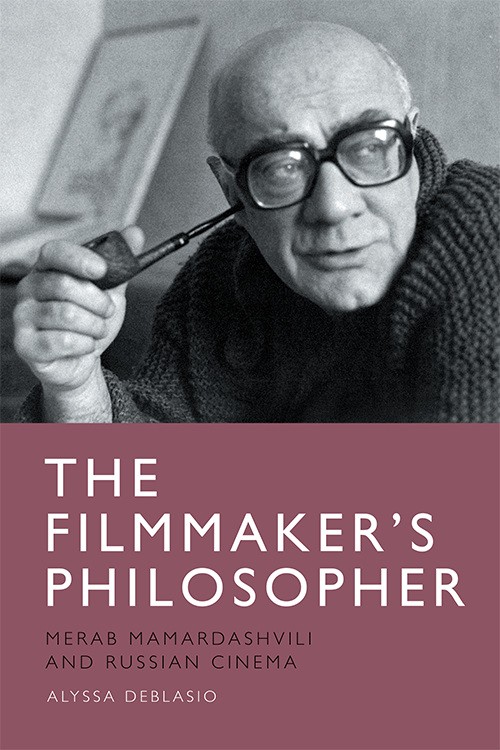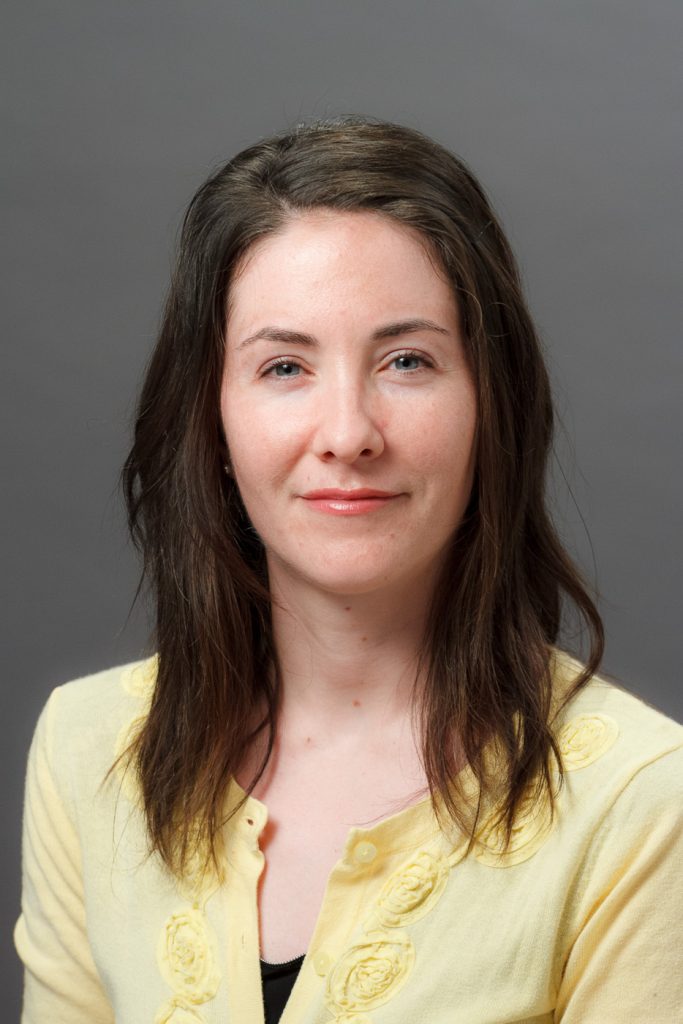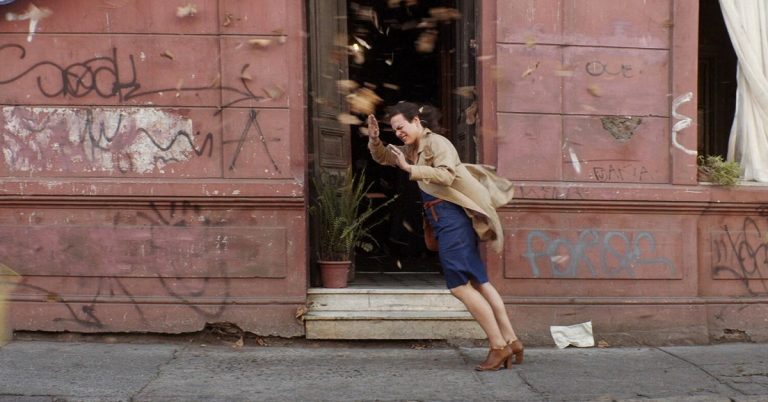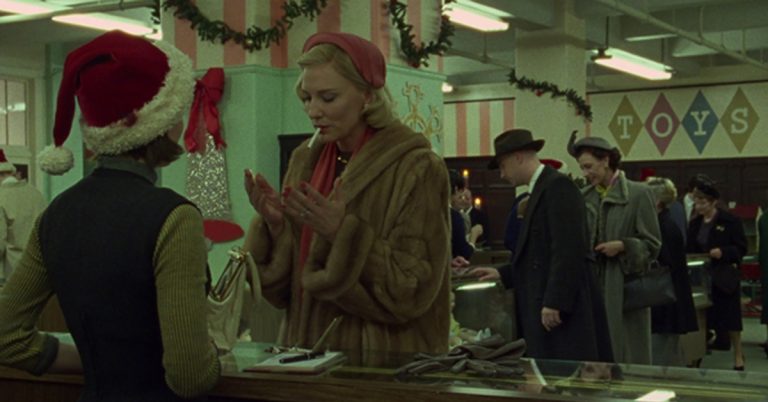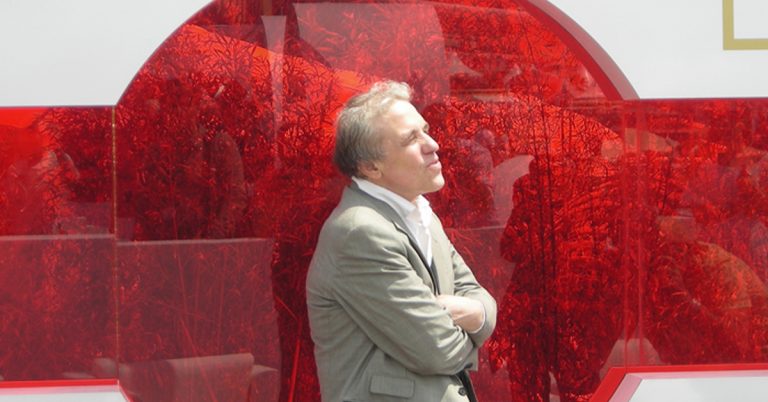
Alyssa DeBlasio
The Russian novel has long been synonymous with philosophical literature. These are the unwieldy and existentially thick novels that we have come to associate with Russian writing—those “large, loose, baggy monsters,” as Henry James wrote of Dostoevsky and Tolstoy—with repeated scenes of outburst and prostration, and where dense networks of characters (each with multiple names and diminutives) manage to engage philosophical questions at the most abstract and also most personal levels of human conscious experience.
The Russian cinematic tradition is equally philosophical. From the advent of Sergei Eisenstein’s intellectual montage in the 1920s (think Battleship Potemkin) to the metaphysical stylization of Andrei Tarkovsky’s cinematography in the 1960s and 1970s, Russian filmmaking too carries the weight of its philosophical past. The sinners and saints of Dostoevsky and Tolstoy are transported from the fêtes and fields of the 19th century to genres of contemporary reality: killers who attend church, “Holy Fools” who provoke political debate, and superheroes who ask fundamental questions about what it means to be human. In 2003, when filmmaker Andrey Zvyagintsev premiered his feature-length debut, The Return, to sensational reviews at Venice, he was lauded as “the new Tarkovsky.” Russian filmmaking is equally known for privileging literary adaptation. The intellectual heritage of philosophical literature finds its way onto the screen in forms that often lead back to Tarkovsky: long takes, dreamlike landscapes, and the use of water to obscure meaning from the viewer. In Zvyagintsev’s The Return, the secret of a father’s 12-year absence is concealed in a black box that is never opened, and that sinks to the bottom of a lake together with his body.
In fact, many Russia-based directors themselves have philosophical lineage—more specifically, a connection to Georgian-Soviet philosopher Merab Mamardashvili (1930-1990), who taught required courses in philosophy at Moscow’s most prestigious film schools between 1976 and 1990. Mamardashvili was one of only a handful of Soviet-born practitioners of a European-influenced style of philosophical discourse that, in his case, was equally rooted in the disciplines of existentialism, phenomenology, and the history of philosophy. His former students and colleagues include many prolific and award-winning directors: Alexander Sokurov, Pavel Lungin, Alexei Balabanov, Alexander Zeldovich, and Dmitry Mamuliya. These directors share little in common, except the historical accident of beginning their careers at a time when Mamardashvili was a defining figure in Soviet filmmaking establishments. To this list we can also include Academy Award nominee Andrey Zvyagintsev. Although Zvyagintsev was not trained in Moscow, he regularly refers to Mamardashvili’s lectures, thereby connecting himself to the Mamardashvili generation of philosophical filmmakers in Russian and post-Soviet space.
Below are three directors who have all articulated Mamardashvili’s influence on their work, and who contribute to the tradition of philosophical filmmaking in Russia today.




Andrey Zvyagintsev
Zvyagintsev is perhaps the most internationally acclaimed Russian director of the 21st century. New viewers would be wise to start with The Return, an allegory on the theme of fatherlessness in post-Soviet Russia and a helpful key for unlocking his aesthetic code. Next, turn to one of his more recent productions: either Loveless (2017), a devastating critique of the contemporary Russian family structure, or Leviathan (2014), a bold family drama that drew international attention when it was refused domestic screenings for its critique of corruption in Putin-era Russia. When describing his philosophical vision, Zvyagintsev often cites Mamardashvili’s belief that “the human being is the effort to become human.”
Alexander Sokurov
Film connoisseurs are likely to already know Sokurov’s 2002 film Russian Ark, which was filmed in a single take in St. Petersburg’s Hermitage Museum. Viewers interested in the on-screen intersections of philosophy and literature might also appreciate Faust (2012), the final installment in his tetralogy dedicated to men who “appear to be in possession of ultimate power,” as Sokurov puts it. As an homage to his teacher, Sokurov included a two-minute fragment of a lecture by Mamardashvili in his censored film, Demoted, which he made while studying philosophy with Mamardashvili’s in 1980.
Dmitry Mamuliya
Georgian-born filmmaker Dmitry Mamuliya studied philosophy at Tbilisi State University in the 1980s, where he crossed paths with Mamardashvili. In 2012 he went on to co-found the Moscow School of New Cinema, which merges technical training with philosophical approaches to film art. His 2019 Russia-Georgia co-production, The Criminal Man, has strong thematic links to Dostoevsky. While Mamuliya’s films are difficult to find online in subtitled versions, viewers interested in learning more about Georgian cinematic aesthetics can turn to Nana Ekvtimishvili and Simon Gross’ My Happy Family (2017), the first Georgian film to be acquired by Netflix.
Alyssa DeBlasio is Associate Professor of Russian at Dickinson College and the author of The Filmmaker’s Philosopher: Merab Mamardashvili and Russian Cinema.


